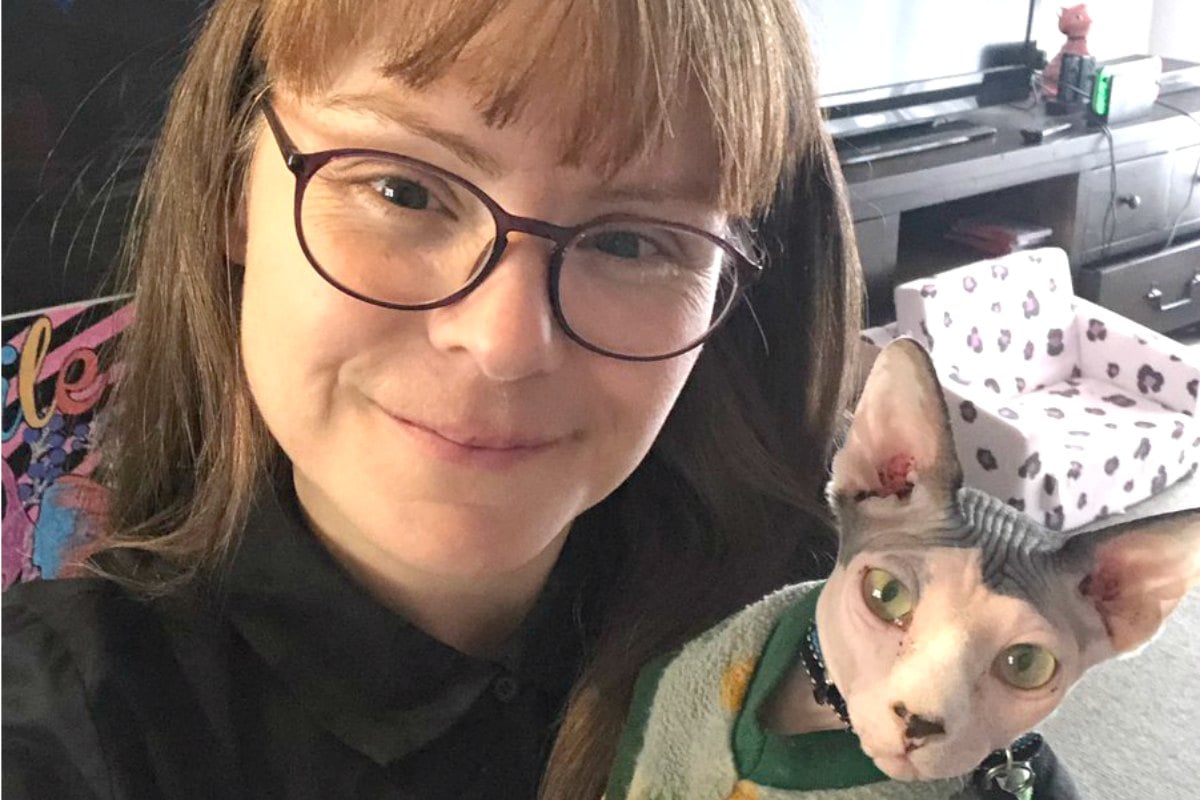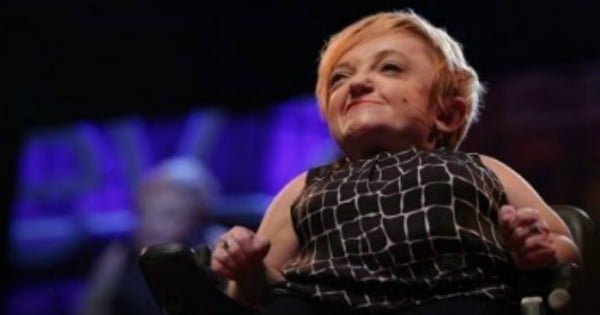
We live in a society where the rights of women are more openly being discussed. From marches on the steps of parliament, to seeing women around me finally rise to higher ranks – it’s a beautiful thing to behold. We are on the cusp of radical change, but then I remember that I am a disabled woman and my life is different.
I worked part-time briefly before I had my children at a young age. Like most mothers, this became my full-time job. It was a job I loved. Once my boys grew up and time was accommodating to enter the workforce, my body was not. My disability prevented me.
With the gender equality debates that fill our Facebook feeds, podcasts and political discussions, I question where I fit. I hear these terms daily – gender pay parity, women’s superannuation, inclusion and diversity – all layered upon this fundamental belief that finally, women really can have it all. But as a disabled woman, none of it resonates. I don’t feel like a woman in the same right as other women.
It’s hard for me to notice being bothered when it happens every day. The reality is that most of the time I passively accept what’s in front of me. As disability activist, the late Stella Young quipped, “No amount of smiling at a flight of stairs ever made it turn into a ramp.”
I never got to meet Stella. Living under a dark cloud of men’s violence for a decade meant that many of my disabled friends and allies were people I never got the chance to see or meet.

